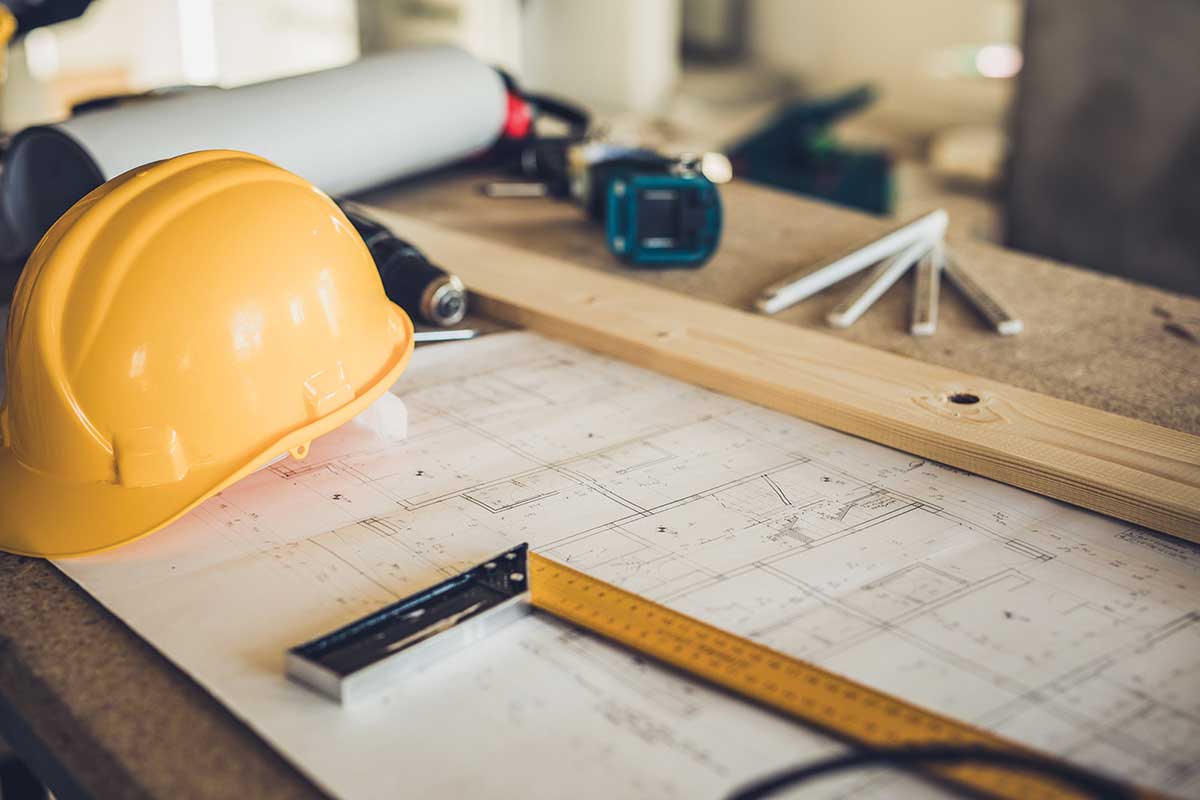Electrocution is the fourth-leading cause of work-related deaths among construction workers, according to the U.S. Occupational Safety and Health Administration, with an average of one worker electrocuted every day across the country.
Proper training and knowledge of electricity on the work site can help keep construction workers out of harm’s way—and the same principles extend beyond the workplace into everyday life. Here are 10 tips from OSHA to keep safe on the job and at home.
1. Plugged-in electric tools with exposed metal parts must have a three-prong grounding plug—and be grounded—or be double-insulated.
2. Equipment grounding only works when there is a permanent and continuous electrical connection between the metal shell of a tool and the earth.
3. Proper polarity in electrical wiring is important: hot to hot, neutral to neutral, equipment ground to equipment ground.
4. Circuits must be equipped with fuses or circuit breakers to protect against dangerous overloads. Fuses melt and circuit breakers trip to turn off current like a switch.
5. Most 120-volt circuits are wired to deliver up to 15 or 20 amps of current. Currents of 50–100 milliamperes can kill you.
6. Wet conditions lower skin resistance, allowing more current to flow through your body. Currents above 75 milliamps can cause a life-threatening irregular heart rhythm.
7. A ground-fault circuit interrupter protects from a ground fault, the most common electrical hazard. GFCIs detect differences in current flow and trip when there is current leakage. Test a GFCI every time you use it.
8. Extension cords must be properly rated for their intended use.
9. Overhead power lines can kill. The three major methods of protection are maintaining a safe distance, de-energizing and grounding lines, and having the power company install insulating sleeves.
10. Underground power lines can kill. Call 811 before you dig to locate all underground cables.


